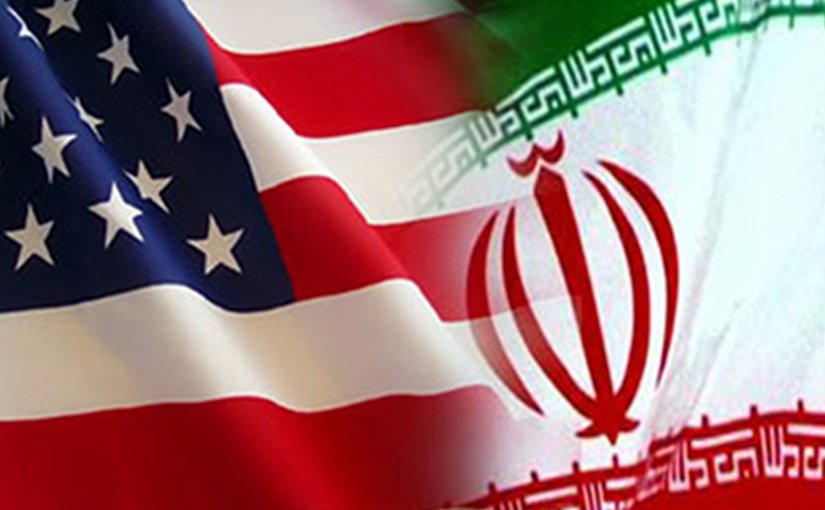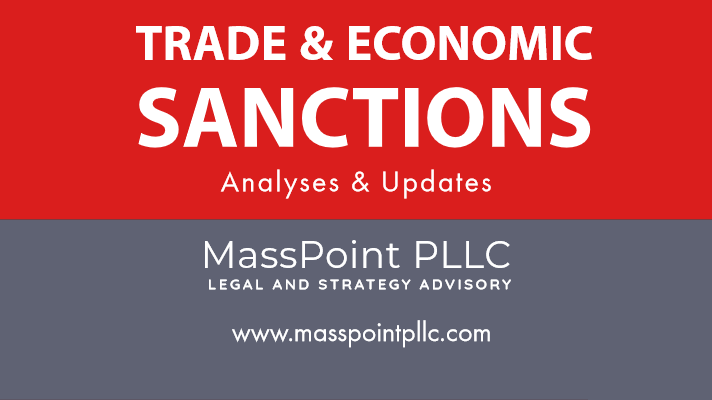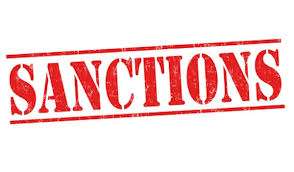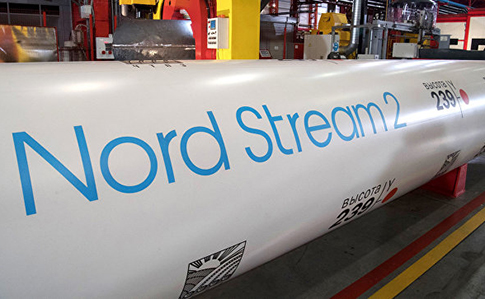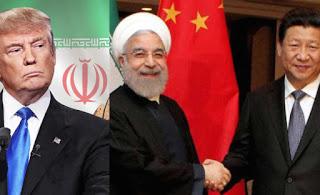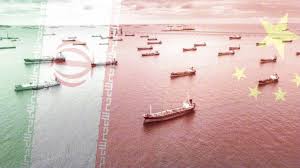Congressional Hearing on Terrorism Finance Probes Bank Secrecy Act Data Processing Effectiveness, Lack of Beneficial Ownership Transparency, and Potential BSA and Patriot Act Amendments
On April 27, 2017, Hdeel Abdelhady attended a Congressional hearing on “Safeguarding the Financial System from Terrorist Financing,” held by the House Committee on Financial Services’ Subcommittee on Terrorism and Illicit Financing (the “Subcommittee”). The sole witness was Mr. Jamal El-Hindi, Acting Director of the Financial Crimes Enforcement Network (FinCEN), a bureau of the U.S. Department of the Treasury charged with protecting the financial system from money laundering, terrorism financing and other illicit activities.
The hearing’s purposes were to examine the methods and efficacy of FinCEN data collection, processing and information sharing and whether the Bank Secrecy Act (BSA) and USA PATRIOT Act should be amended to improve FinCEN’s anti-money laundering (AML) and counter-terrorism financing (CFT) capacities and performance.
In this brief MassPoint update, Hdeel highlights BSA data collection and usage numbers and some of the questions and issues that appeared to be of particular interest and/or concern to Congress members in attendance, taking into account the nature and frequency of the questions asked, the tone of questions, and related requests for additional or clarifying information from FinCEN.
Read the Update here.
In guidance issued on June 5, 2020, OFAC explained that manufacturers in Iran of medicine, PPE, childcare items, and other essential supplies will be exempt from sanctions targeting Iran's manufacturing sector pursuant to EO 13902.
Hdeel Abdelhady shared her insights with Accuity on the sanctions landscape and the role of lawyers in fighting financial crime
With the adoption of the Global Magnitsky Sanctions, the United States added a powerful weapon to its already formidable legal arsenal. This publication provides an overview of the Global Magnitsky Sanctions.
MassPoint Legal and Strategy Advisory PLLC's Hdeel Abdelhady discussed sanctions trends and guidance, as well as issues related to the COVID-19 pandemic, in a live event presented by the Association of Certified Financial Crime Specialists (ACFCS) and Accuity.
U.S. Controls Over Foreign Access to and Influence on Technology and Research in 2020: A Quick Guide U.S. companies, academic and research institutions, and individuals are facing greater scrutiny and regulation of their activities with foreign parties involving U.S. technology and…
OFAC's sanctions enforcement against SITA, the Switzerland-based provider of global air transport technology and services, premised U.S. sanctions jurisdiction on the provision of U.S.-origin technology and the involvement in transactions of networking hardware and servers located in the United States.
Perceiving China’s technological ascendance as a threat, the United States has imposed defensive legal measures, including export controls, to curb foreign access to U.S. technology by illicit and lawful means. The approach has bipartisan backing across the U.S. government.
On December 20, 2019, the President signed into law the National Defense Authorization Act for Fiscal Year 2020 (NDAA), which authorizes the President to impose sanctions on foreign persons that knowingly sell, lease, or provide vessels for the construction of the Nord Stream 2 or TurkStream pipeline projects. The policies advanced by the NDAA are consistent with prior U.S. policy and legislation, particularly the Countering America’s Adversaries Through Sanctions Act. This MassPoint publication discusses PEESA’s policies, sanctions mechanics, the relationship between PEESA and CAATSA, and key takeaways.
General License K authorizes, until 12:01 eastern time on December 20, 2019 (essentially, through the end of December 19 eastern time), the above-listed prohibited transactions where they directly or indirectly involve Cosco or entities owned 50% by Cosco and are “ordinarily incident and necessary to the maintenance or wind down of transactions.”
The imposition of sanctions on the Chinese companies and executives—particularly on units of the high-profile, state-owned COSCO at a critical juncture in the U.S.-China trade war and shortly after both countries took conciliatory steps—reinforces the Trump Administration’s stated posture of aggressively enforcing Iran secondary sanctions in furtherance of its policy objectives.

